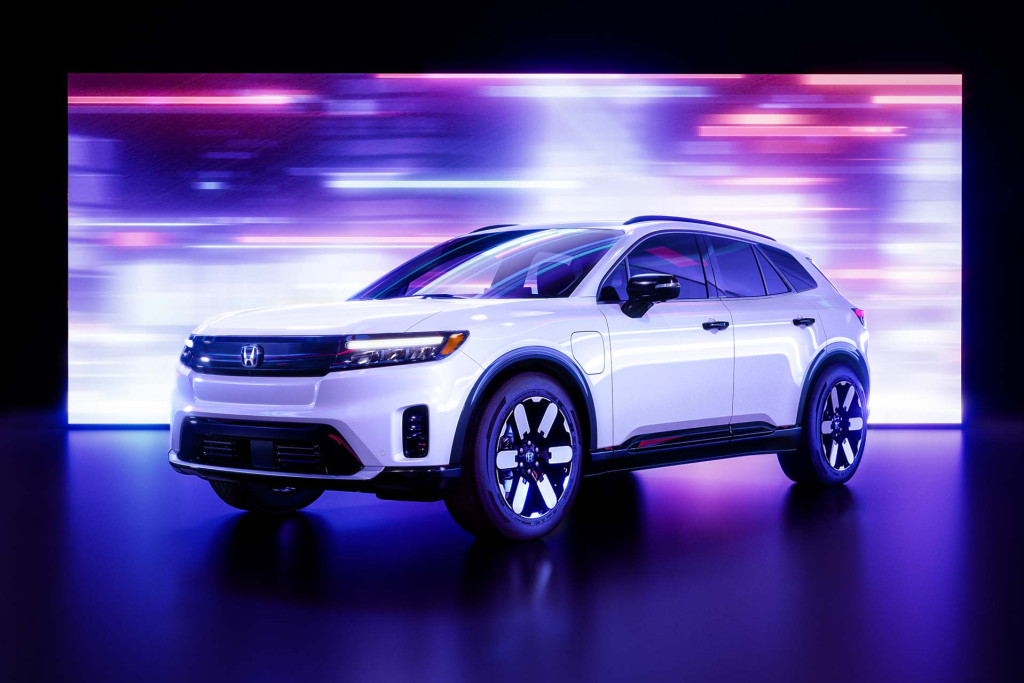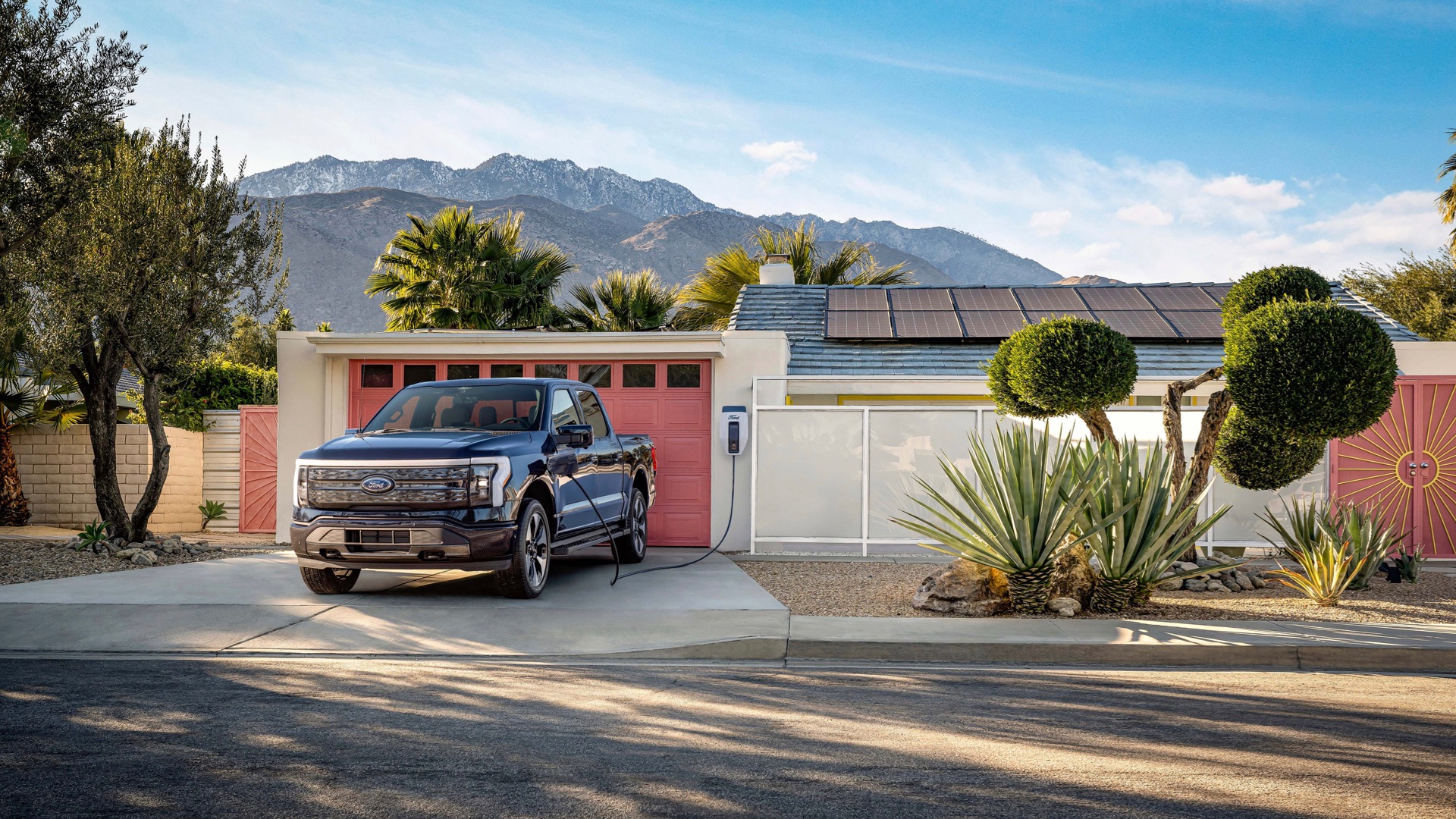BMW, Ford, and Honda on Tuesday announced plans for a new company that will focus on vehicle-to-grid (V2G) EV charging.
Called ChargeScape, the new company will “create a single, cost-effective platform connecting electric utilities, automakers, and interested electric vehicle customers” in the U.S. and Canada, according to a press release issued jointly by the three automakers. ChargeScape aims to begin operations in 2024, pending regulatory approval.
2022 BMW i4 M50
The business will be based around the interaction between fleets of EVs and the grid. Electric utilities will get data on demand from customers charging EVs, while EV owners will be able to enroll in programs that allow utilities to tap into the energy stored in battery packs during periods of peak demand.
Using EVs to help stabilize the grid has been discussed for some time. With bidirectional charging, EVs can discharge power back into the grid during high-demand periods and charge during low-demand periods, keeping the amount of needed electricity generation more consistent. This could save wear and tear on power plants and grid infrastructure, and allow EVs to absorb excess energy generated from renewable sources to lower carbon emissions. The release made no mention of any monetary benefit, if any, customers could realize by participating.

2024 Honda Prologue
By working together, the three automakers can reach a large number of EV customers to promote V2G programs, something electric utilities might have trouble doing otherwise, the release said. ChargeScape will also use vehicles’ built-in telematics hardware, so customers won’t need a WiFi-equipped charging station to participate in these programs. That creates a much larger potential pool of EV owners who could participate.
BMW, Ford, and Honda “welcome” other automakers to join ChargeScape. While this venture focuses on home charging, BMW and Honda are also part of a coalition of seven automakers that recently announced plans for a North American network of at least 30,000 public fast chargers, the first of which are scheduled to open in 2024.
